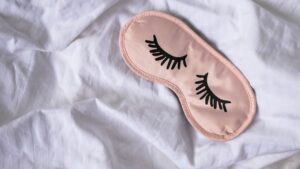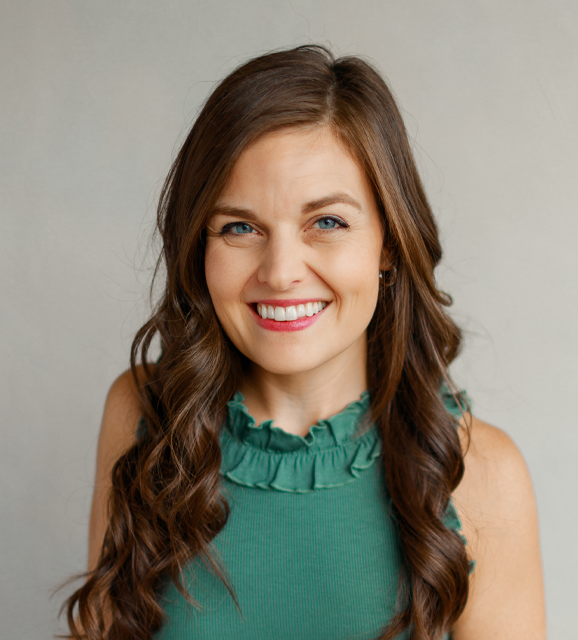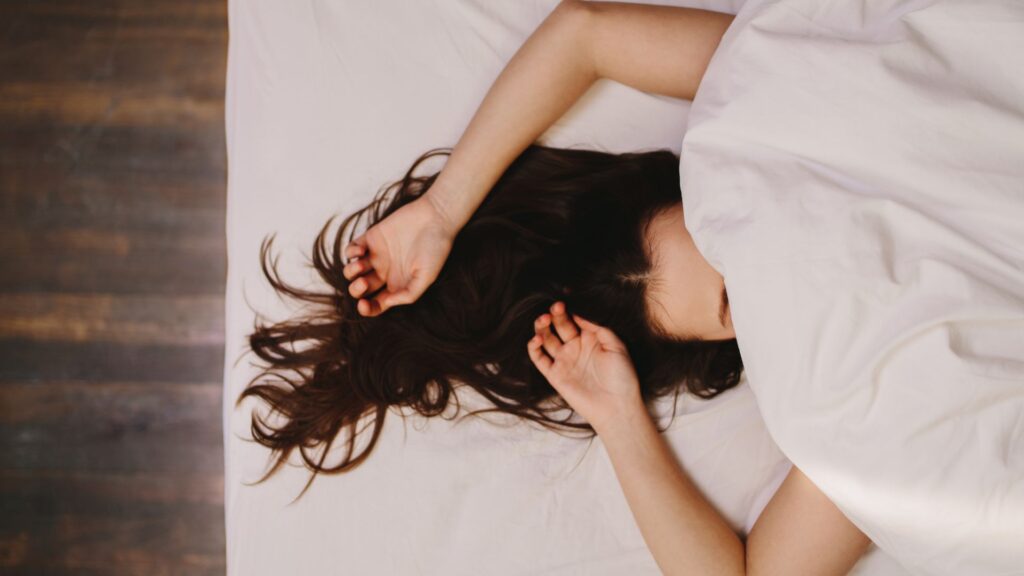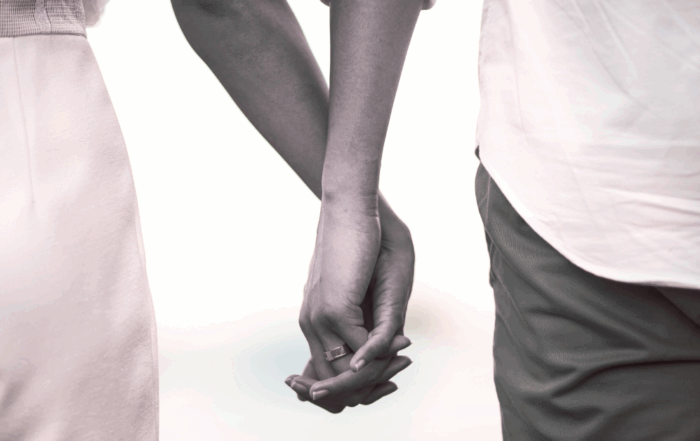Sleep and Fertility
How’d you sleep?
It seems like an easy breezy question, but often has a complicated answer. I know for my husband and I, this is a hot topic in the morning.
“Well, it took a while to fall asleep, but then I was good.”
“I tossed and turned a lot. Weird dreams.”
“Like a rock… I think?”
Sleep isn’t only important for fertility, but for overall healthy living and longevity. If you can work towards healthy sleep, many other things will fall in line, fertility included.
The Hopeful Mama Foundation is supported by its audience and donors. When you purchase through links on our site, we may earn an affiliate commission that will be used to propel the mission of HMF forward.
Get the data:
I got a much better grip on my sleep quality when I started wearing an Oura ring to track it. I know a lot of you are Apple watch lovers, but I just can’t deal with the buzzing, and honestly I’d probably crack the glass or drop it, etc. The Oura ring is durable (albeit, I’ve scratched) and no one can text me on it, which is preferable for an introvert like me. Tracking my sleep has allowed me to compare how I feel to what types of sleep I got the night before. Yes, there are types.
- REM: rapid-eye-movement (REM) sleep involves increased brain activity and is often associated with vivid dreaming. You have a higher respiratory rate, and heart rate at this stage. Optimally, you’d get 90-120 minutes, but this is likely to happen later and gets lost when you cut sleep short in the morning.
- Light: light sleep guides you into deeper stages, and acts as the beginning of or transition between each sleep cycle
- Deep: also known as slow-wave sleep, deep sleep is when your body repairs and restores itself. I have to admit, when I get close to 2 hours of deep sleep, those are the days I feel awesome. I also figured out that I get most of my deep sleep between 10pm and 2am, so if I’m going to get any sleep, I’d rather hit that window than stay up late and start sleeping at 1am. The realistic goal is 1.5 hours, and as you age, you need closer to 60 minutes.
Get on the clock.
Getting in a normal sleep-wake rhythm is actually paramount for regulating your hormones. Your body has a master clock that influences every system. As much as you can, do the following:
- During the day, get natural bright light, ideally within an hour of waking up. If you’re an early bird, try to use only low lights or red lights until the sun comes up.
- Don’t eat late at night, or during the night. This isn’t a comment on what you’re eating, rather the timing. Be the old people that eat an early dinner. Try not to eat past 7pm so you can go to sleep by 10 (11 at the latest) without feeling overly full. If you like to eat big meals, just eat them earlier in the day.
- Sleep in the DARK dark. Use blackout curtains or a sleep mask. Our ancestors didn’t have lights at night, and our hormones haven’t evolved to be ok with nightlights/alarm clocks/phones/TVs.
- Keep this schedule as consistent as humanly possible! Consistency is extremely helpful in regulating your hormones.

Other ways to clean up your sleep routine:
Avoid alcohol. Personally, more than one beer really trashes my sleep, and I’m better off drinking that one beer early in the night. After seeing the data, it has started to become less and less worth it to drink alcohol, especially when I have things to do the next day!
Avoid blue light and screens 2 hours before bed. I like to read and play card games at night instead. When I read I use a blue light blocking clip from Bon Charge (use code HMF15 for 15% off your order). I love it. Have lost it on airplanes, and immediately replaced it with the exact same light. Blue light suppresses your melatonin levels. Melatonin is the hormone that helps you fall asleep AND stay asleep. While you clean up your light routine, you may want to supplement with melatonin in the meantime. The goal is to not need additional melatonin, but it can be helpful short term or when life happens and you can’t participate in your normal sleep routine.
Sleep in a cold environment. You’re really going for the cave aesthetic here. Dark. Cold enough that you need blankets. Roughly 65 degrees, but experiment and see what helps you the most.
Exercise regularly, but not late at night. Do your best to break up long period of sitting during the day.
Why does this affect my fertility?
Major hormones like cortisol and melatonin are dependent on a healthy sleep cycle. These hormones also trigger and regulate reproductive hormones. For example, irregular cortisol can interfere with the release of Luteinizing Hormone (LH) which triggers ovulation.
Your body uses your time sleeping to build new chemicals, including Estrogen, Progesterone, and Follicle Stimulating Hormone. This is the time your eggs grow well and are nourished to be the best version of themselves.
Sleep can affect male fertility as well. Testosterone (vital for sperm production) is released while sleeping.
Good Sleep is Worth the Investment
Quality sleep will pay off for improved total body health, hormones included. Don’t feel a rush to make it perfect right away. Life happens, you have to adapt. Make it a slow journey towards your ideal sleep schedule and environment.
We are incredibly grateful to all of our writers, who open up their hearts and share their journey with this community. If you would like to connect with one of our writers, please contact us.
The views and opinions expressed are those of the authors and do not necessarily reflect the official policy or position of the Hopeful Mama Foundation. Our authors provide content reflecting their views and do not intend to malign any religion, ethnic group, club, organization, company, or individual.
Recent insights, guides, & resources.
The Pressure to Become a Mom
Emma Hodzic, BSN, RN2025-06-30T13:47:34-05:00June 30th, 2025|
Infertility Stigma and its Impact on Mental Health
Maddie Moree2025-06-30T13:36:15-05:00June 30th, 2025|
Male Factor Infertility
Dr. Hannah Anderson2025-06-03T11:59:29-05:00June 1st, 2025|

About the author:
Dr. Hannah Anderson
Dr. Hannah Anderson is a chiropractor at Corridor Wellness in downtown Cedar Rapids, Iowa. She specializes in women’s health, fertility, pregnancy, and pediatrics. She works with patients of all ages in regards to nutritional, emotional, and physical health by addressing the whole person rather than pieces. Dr. Hannah is certified by the ICPA in pediatric and maternal health care, trained in Neuroemotional Technique, Quantum Neurology, and Mercier Therapy. She is passionate about helping women during all phases of the motherhood transition, preconception through postpartum. You can find her at corridorwellclinic.com or on Instagram @drhannahanderson.





